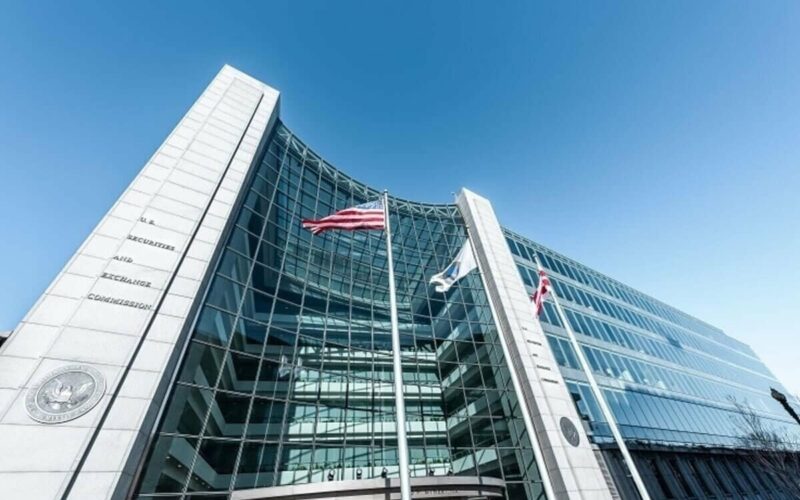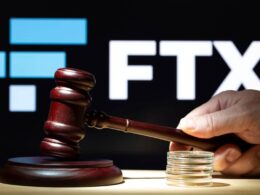A federal judge has criticized attorneys from the Securities and Exchange Commission (SEC) for their use of “false and misleading” arguments in a court filing. The judge accuses the attorneys of persuading the court to freeze the assets of a cryptocurrency firm based on misleading information. The court order, issued by U.S. District Judge Robert Shelby, raises concerns about the SEC attorneys’ deceptive claims regarding the alleged attempts of the crypto project Debt Box to transfer its assets overseas.
Deceptive Claims and Frozen Assets
The arguments presented by the SEC attorneys led the court to freeze the bank accounts of Debt Box. Judge Shelby emphasizes that these “misrepresentations” have undermined the integrity of the case proceedings and caused irreparable harm to Debt Box. Sanctions, defined as penalties imposed by a court for providing false statements or violating court procedures, may be imposed on the attorneys involved.
The initial temporary restraining order imposed on Debt Box in August, which restricted the company’s access to its assets, was later dissolved when Debt Box demonstrated that it had not moved any funds outside the U.S. or closed its bank accounts, as claimed by the SEC. The lawyers representing Debt Box have brought this information to the court’s attention.
The SEC’s Utah office has not yet responded to requests for comment on the matter.
SEC Under Scrutiny
This incident is not the first time the SEC has faced criticism for its regulatory approach. In June, Congressman Ritchie Torres urged the agency to provide clear rules for the cryptocurrency industry instead of treating the majority of crypto assets as securities without sufficient guidance. Torres expressed his discontent in an open letter to SEC Chairman Gary Gensler, stating that the SEC has not issued any definitive rules on crypto assets and has been sending mixed messages.
















